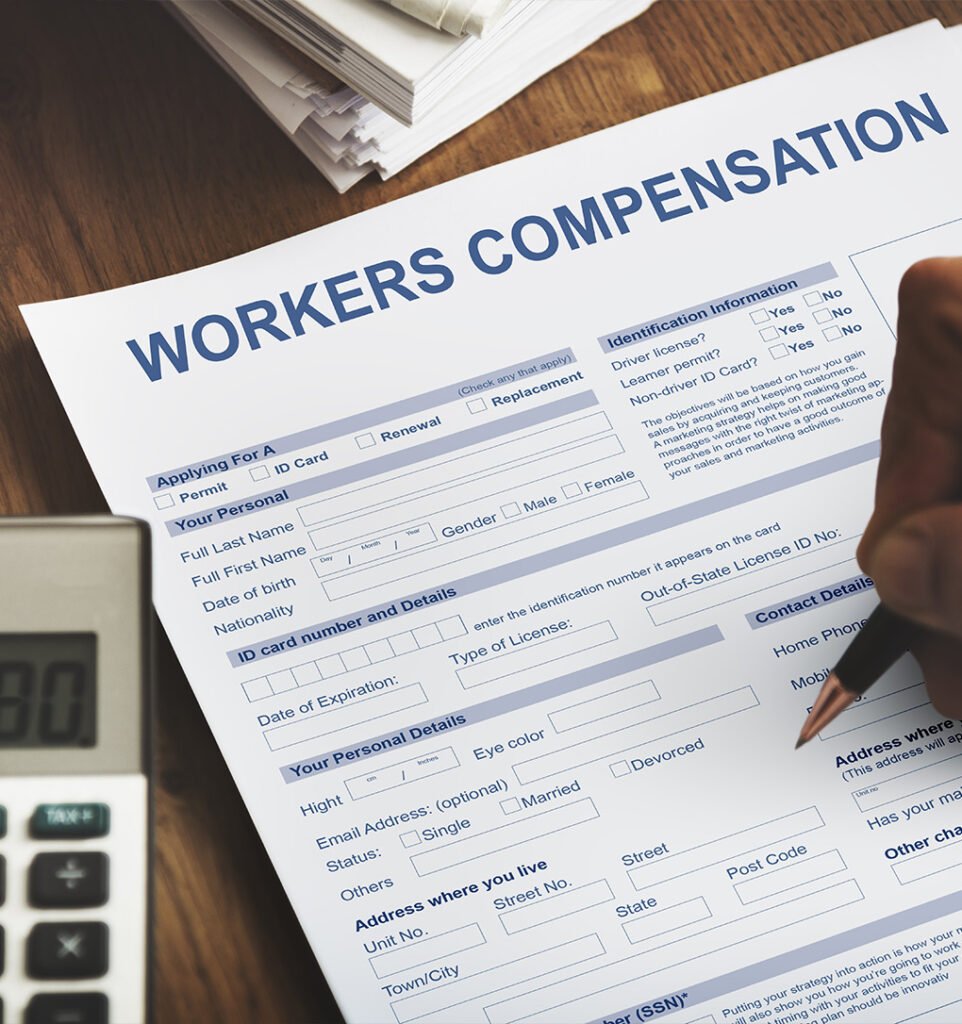Best Workers' Compensation LawyersIn California
Whether a worker is legally entitled to receive workers’ compensation benefits depends on the nature of the illness or injury, as well as the worker’s ability to return to work.
By learning about the various benefits and payment options, you can choose which type of workers’ compensation to pursue.

Top Attorneys For Workers’ Compensation Claims
Medical-only workers’ compensation is compensation that pays for 100 percent of a worker’s employment-related illness or injury. In most states, these benefits are paid out after a three- to seven-day waiting period. The employer is obligated to pay for all of the worker’s medical costs including doctor’s office expenses, x-rays, lab work, and prescription medications.
These benefits are provided with the expectation that the employee will return to work once fully recovered. In most cases, this type of benefit is paid for short-term or minor illnesses and injuries, such as a deep cut that requires suturing or a strained muscle that will heal after a few days of rest.
2,000+
Oracle Law Firm | Accident & Injury Attorneys clients have been successful with their claim.
California’s Expert Workers’ Compensation Lawyers
Like medical-only workers’ compensation, temporary disability also covers 100 percent of an injured worker’s medical costs. However, it also pays for the time that the injured worker misses work because of the illness or injury.
The employer acknowledges that the employee cannot return to work in the same or comparable capacity as before the accident or illness. However, it is also expected that the employee will recover and be able to return to the position he or she held prior to becoming ill or injured.
Most trusted worker compensation lawyers
During the time the worker is recovering at home, temporary disability workers’ compensation payments will replace the majority or all of the lost income. When these benefits expire, as determined by the state’s workers’ compensation laws, the employee must return to work and resume his or her previous position with the employer.

Best Rated Workers’ Compensation AttorneysIn California
These payments are made on the assumption that the worker cannot return to work due to a work-related illness or injury. In many cases, these types of benefits are paid after lengthy court proceedings or a settlement offer by the employer’s insurer. One percent of the workers’ compensation claims filed and pursued annually in the United States involve them.
If you have been injured on the job, you may qualify for one of the following workers’ compensation benefits. After consulting with and hiring a workers’ compensation attorney to represent you during your case, you can decide which option to pursue.
Free Consultation
To schedule your free and confidential case review call us at 888-597-4099 or fill out the form below.
Client Testimonials
The Oracle team was always available and guided me through the process. Most importantly, they got me an amazing settlement.
They will make sure you get the best medical treatment and compensation for your injuries. A+++
They were always responsive to my needs and questions. Best yet, they got me a great settlement! I totally recommend Oracle. Thank you again!
